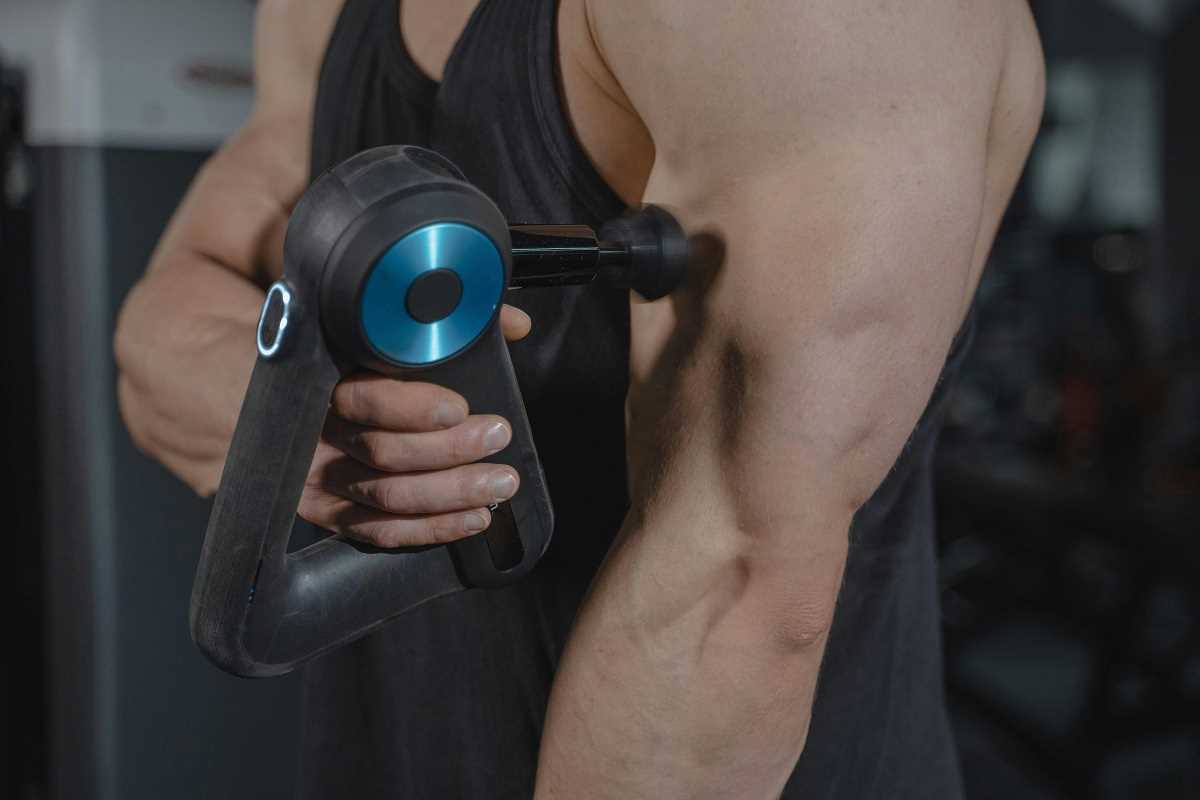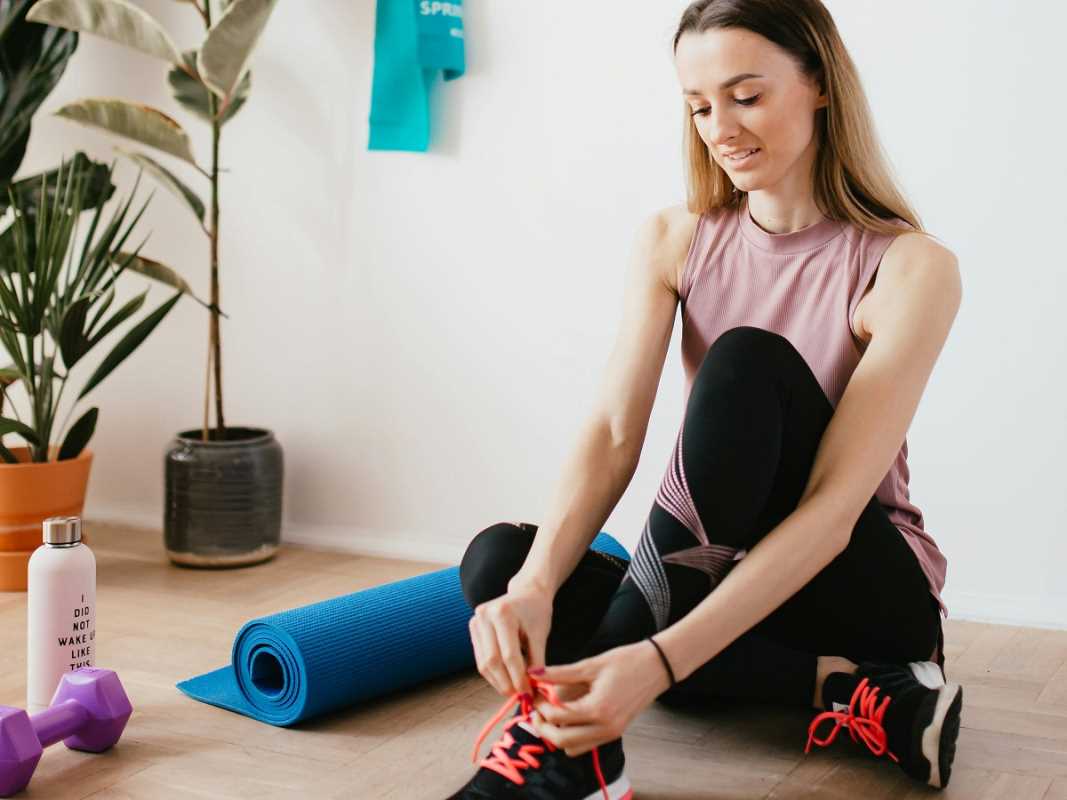When it comes to peak performance, athletes often obsess over their training plans, nutrition, and recovery techniques. While these are undeniably important, there’s another significant player in the athletic success (and wellness) equation that doesn’t always get the spotlight it deserves: hormonal health.
Your hormones are like the orchestrators of your body, coordinating everything from your energy levels to muscle repair, mood, and even how well you adapt to training. For athletes, keeping your hormones in balance is vital for consistent progress, effective recovery, and avoiding burnout or overtraining.
Thankfully, there’s a growing arsenal of tools and strategies designed to help athletes monitor and optimize their hormonal health. From wearable tech to nutrition tweaks, here’s a deep (but friendly) look at how you can level up your performance by paying attention to those all-important hormones.
The Role of Hormones in Athletic Performance
First, a quick review of why hormones are such a big deal for athletes. Your body produces a variety of chemical messengers, including testosterone, cortisol, insulin, growth hormone, and thyroid hormones, all of which impact physical performance, stamina, and recovery.
Here are some standouts to understand:
- Testosterone: Key for muscle growth, strength, and recovery.
- Cortisol: The “stress hormone”—important in small doses for energy but harmful if constantly elevated.
- Insulin: Regulates blood sugar and energy availability, crucial for endurance.
- Thyroid Hormones: Impact metabolism and energy production.
- Estrogen and Progesterone (for female athletes): Crucial for bone health, endurance, and recovery.
Understanding how these hormones function together helps athletes fine-tune training and recovery strategies, improve performance, and avoid health pitfalls like overtraining syndrome.
With that covered, here are the tools and strategies you can use to take control of your hormonal health so you can train smarter—not just harder.
1. Wearable Tech for Hormonal Insights
Wearable fitness devices used to just count steps, but now they’ve leveled up. Some advanced wearables provide insight into heart rate variability (HRV), sleep quality, and stress levels, all of which are indirect indicators of hormone balance.
How It Works
- Heart Rate Variability (HRV): This measures the variation in time between heartbeats. A high HRV is a sign your body is recovering well, while a low HRV can indicate elevated stress or poor recovery (potential cortisol imbalance).
- Sleep Tracking: Poor sleep = poor hormonal health. Devices like WHOOP, Oura Ring, and Fitbit provide detailed insights into sleep stages, recovery scores, and even red flags for inconsistent sleep patterns.
- Exercise Strain Tracking devices can also suggest when to push hard and when to take a rest day to avoid hormonal crashes.
Think about those tough training weeks when you “just don’t feel right.” Reviewing your HRV and poor recovery scores on a wearable tech device might save you from pushing too hard and throwing your hormones out of whack.
Pro Tip: Use the data to adjust training intensity, bedtime routines, or even work breaks to lower stress levels.
2. Blood Tests and Hormone Panels
Nothing gives you more personalized insight than a comprehensive blood test or hormone panel. These can track everything from testosterone and cortisol levels to thyroid function and other markers like vitamin D (which helps regulate mood and energy).
What to Monitor
- Cortisol Levels (High chronic cortisol can impair your performance)
- Testosterone/Estradiol Balance (Low testosterone can hinder your recovery, while imbalances in estradiol can affect mood and fatigue for both men and women).
- Thyroid Hormones (Hypothyroidism can lead to sluggishness, while hyperthyroid states can drain endurance).
If you’re constantly tired despite proper recovery, a blood check could reveal thyroid deficiencies or anemic tendencies you weren’t aware of. Once identified, you can work on solutions, from adjusting nutrition to incorporating supplements or medications with a healthcare provider.
Pro Tip for athletes in training cycles: Some labs or online services like Everlywell even offer at-home hormone test kits if you prefer convenience without frequent doctor visits. Still, check with a healthcare professional for more precise guidance.
3. Nutritional Strategies for Hormonal Balance
You’ve heard it before, but it’s worth repeating: what you eat directly impacts your hormones. For athletes, a balanced diet is crucial for optimal levels of testosterone, cortisol, and everything in between.
Hormone-Friendly Foods for Athletes
- Healthy Fats (e.g., avocados, olive oil, fatty fish): Help produce sex hormones like testosterone and estrogen.
- Quality Carbs (e.g., whole grains, fruits, root vegetables): Provide energy and reduce cortisol levels post-exercise.
- Protein Power (e.g., lean meats, eggs, legumes): Supports muscle repair and keeps insulin levels balanced.
- Micronutrient-Mighty Choices (e.g., leafy greens, nuts, or dairy): Nutrients like magnesium and zinc have direct effects on hormonal health.
Foods to Be Mindful Of
- Added sugars can mess with insulin regulation.
- Highly-processed foods may lead to inflammation, which jacks up cortisol levels.
Pro Tip for athletes looking to regulate cortisol after an intense workout: Eating a protein-packed meal (with some carbs) like a grilled salmon bowl with quinoa and greens can help.
4. The Sleep-Hormone Connection
When it comes to hormones, sleep might just be the ultimate performance-enhancing tool. Quality sleep is when your body repairs, grows, and regulates key hormones such as testosterone and growth hormone.
How to Improve Sleep for Better Hormonal Health
- Set a Consistent Schedule: Going to sleep and waking up at the same time every day keeps hormones in a rhythm.
- Create a Sleep-Friendly Environment: A cool, dark room with tech-free zones makes a huge difference.
- Track Your Sleep Patterns with wearables or apps to identify habits to change.
Skipping those 6 a.m. runs after a poorly slept night may actually help your performance long term, sparing you the elevated cortisol levels from insufficient recovery.
Pro Tip for poor sleepers: A magnesium glycinate supplement, with a doctor's approval, or chamomile tea before bed are natural, hormone-friendly remedies that encourage better rest.
5. Stress Management Techniques
Chronic stress is like kryptonite for hormonal health. Elevated cortisol over time can lead to slower recovery, poor sleep, and lower testosterone levels. While training itself is a stressor, managing the outside stress in your life is just as critical for hormonal balance.
Stress-Reducing Practices
- Mindfulness or Meditation: Helps lower cortisol levels and regulate the nervous system. Try apps like Calm or Headspace for guided sessions athletes can fit into their busy schedules.
- Breathwork During Recovery Days: Box Breathing or Yoga Breathing can help control the body’s stress response.
- Journaling: Helps process mental stressors off the field or gym.
Feeling overwhelmed before a big race? Five minutes of calm breathing before you hit the track could reduce cortisol spikes, keeping your focus sharp.
Pro Tip for training cycles during stressful life periods (work, etc.): Add in lower-intensity sessions like yoga or swimming to help reduce physical stress while still staying active.
Pulling It All Together
The takeaway? Fine-tuning your hormones isn’t about adding time-consuming tasks to your already packed schedule. It’s about working smarter with tools and strategies that empower your body to perform at its best.
Here’s how you can start today, step by step:
- Invest in Wearable Tech that helps you monitor stress, HRV, and sleep recovery trends.
- Get Regular Hormonal Testing to establish your baseline and personalize any interventions.
- Prioritize Nutrition by eating hormone-friendly foods and avoiding inflammatory junk.
- Maximize Sleep Hygiene for consistent hormonal reset cycles.
- Manage Stress Intentionally through meditation, mindfulness, and proactive recovery practices.
Considering how much hormones govern resilience, physical growth, and emotional stability, optimizing them can feel like unlocking your athletic golden ticket. Start small, experiment with what works, and give your body the credit it deserves by keeping your hormones in tip-top shape.
Because when your hormones are happy, your performance skyrockets.
 (Image via
(Image via





